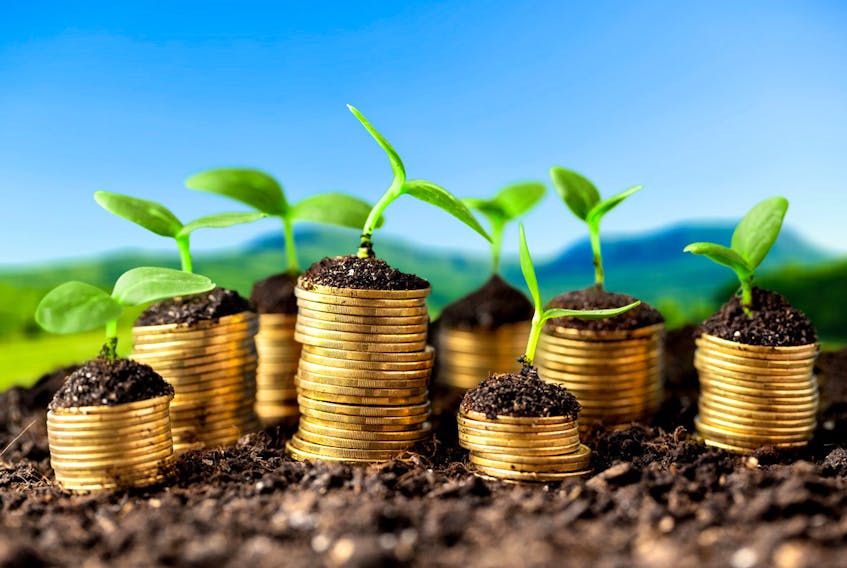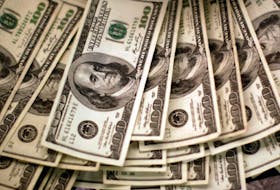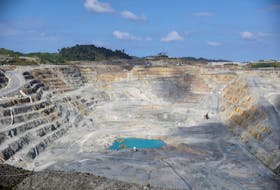I have been watching with interest a volley of statements by the contestants in the recent District 21 byelection of October 2017. Several stump editorials seem to staking a claim to the narrative on business positioning; one as a minister indicating positive attributes and growth measures; the other identifying opportunities for exploration expansion.
Both perspectives are correct. While attempting to differentiate, they are in relative unison that things are pretty good and there remain areas for continued improvement. (The chorus of sparring is likely to reach a crescendo as an election approaches, perhaps they are striking up the orchestra for an election in the near-term).
Economic-environmental policy is of similar counter points. Most everyone would agree that society needs to change behavior to support the environment, but there are differing opinions on how best this can be achieved.
Behavior can generally be manipulated through government policy. If you want to increase the population, offer a baby-bonus. If you want to reduce ER strain, increase non-urgent wait times. If you want to reduce tobacco use, increase product costs. Improve educational assessment scores, teach to the test. Slow the economy, increase taxation. Like laboratory mice, we respond to stimuli in predictable ways.
Thus, if government wishes to change environmental behavior they can use a carrot or a stick. Or both.
The federal government are in the process of implementing CO2 Carbon-taxation. Like this policy or not, the implementation will curb behavior. Prince Edward Island does not currently have legislation on how to accommodate this Federal imposition; but they will have to introduce and pass something in the Fall session of the legislature as they are mandated to have either a carbon tax or a cap-and-trade system before years end.
I would argue very assertively that further taxation is no longer a tool at government disposal. If the stick doesn't work, how about a carrot? Under the low carbon economy fund, the province will receive over $34 million to create jobs, reduce energy bills, support innovation and deliver clean sustained growth. That's a lot of green.
This investment has the potential to be lost. Can this investment be levered to create new opportunities and initiatives? Will existing industry be supported and flourish? Will households and business be encouraged to invest in alternate systems and innovative solutions? If not embraced, then this pivot moment will be a missed opportunity.
As the sparing nominated and elected economists of Summerside-Wilmot correctly affirm; business leads the economy and innovation. This is not the role of government. Government can induce innovation or obstruct it; $34 million is a meaningful inducement if applied correctly.
Government could use this Federal catalyst to explode an economy and meaningful change or use it to create government infrastructure. I am cautiously hopefully it will be invested appropriately for the benefit of society, the economy and innovation.
Blake Doyle is The Guardian's small business columnist. He can be reached at [email protected].









